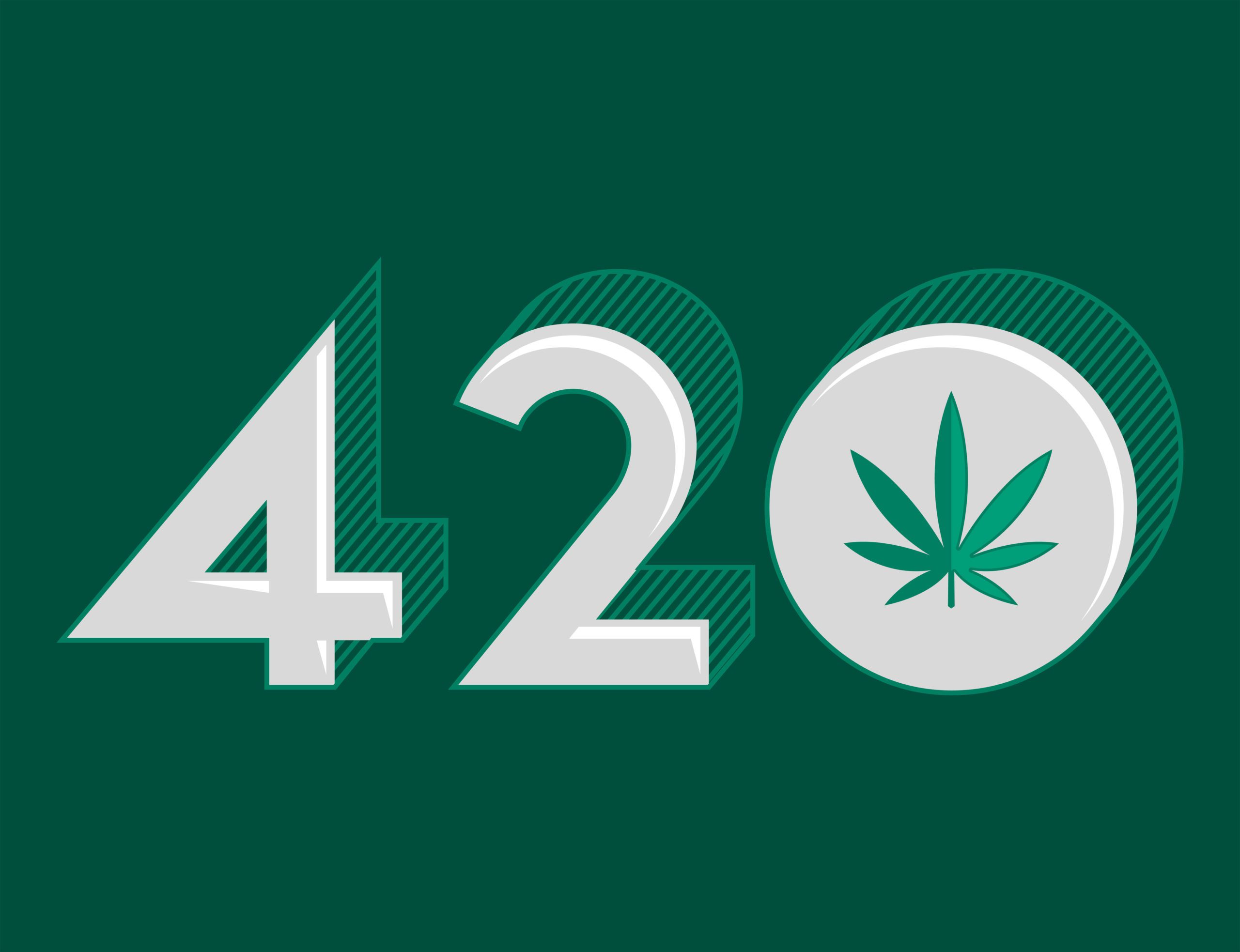
The Department of Cannabis Control (DCC) has recently announced an exciting development in California, focused on expanding access to licensed cannabis retail. A total of 18 local jurisdictions have been selected to receive funding through a pioneering program that aims to facilitate the establishment of cannabis retail licensing pathways. This funding will not only enhance consumer access to cannabis products but also provide crucial support to equity operators, promoting a more equitable and inclusive legal cannabis market.
Out of the 18 chosen jurisdictions, 14 have proposed equity programs specifically designed to assist and streamline the licensure process for cannabis equity retail businesses. Recognizing the importance of equity within the industry, these programs will play a vital role in fostering a fair and inclusive legal cannabis market.
The Local Jurisdiction Retail Access Grant (LJRAG) program, the first of its kind in the United States, will allocate $4 million to cities and counties across California. The primary goal is to improve consumer access to regulated cannabis retail. Notably, $870,000 will be awarded to the 14 jurisdictions that have outlined initiatives to support and issue licenses to equity applicants as part of their retail licensing programs.
Rasha Salama, Acting Director of the Department of Cannabis Control, highlighted the significance of the program, emphasizing its role in expanding access to licensed cannabis retail. Salama stated, “The Local Jurisdictional Retail Access Grant program will help provide access to regulated cannabis retail for over 2 million Californians that currently live in an area where access to licensed cannabis retail businesses is insufficient. In addition to improving access to existing customers, these grants are another important step towards establishing legal pathways for legacy and social equity operators.”
The grant awards for Phase I were distributed to the following jurisdictions:
| Jurisdiction | Base Award Amount | Equity Bonus Funds | Total Phase I Award |
| City of Riverside | $325,000 | $150,000 | $475,000 |
| Los Angeles County | $325,000 | $150,000 | $475,000 |
| City of Huntington Beach | $325,000 | N/A | $325,000 |
| City of Buena Park | $225,000 | $90,000 | $315,000 |
| City of Hawthorne | $225,000 | $90,000 | $315,000 |
| City of Lodi | $200,000 | $75,000 | $275,000 |
| Nevada County | $200,000 | $75,000 | $275,000 |
| City of West Sacramento | $175,000 | $60,000 | $235,000 |
| City of Claremont | $150,000 | $45,000 | $195,000 |
| City of Montclair | $150,000 | $45,000 | $195,000 |
| City of Covina | $175,000 | N/A | $175,000 |
| City of Corcoran | $125,000 | $30,000 | $155,000 |
| City of Bell Gardens | $150,000 | N/A | $150,000 |
| City of Calabasas | $125,000 | N/A | $125,000 |
| City of Avenal | $100,000 | $15,000 | $115,000 |
| City of Sand City | $100,000 | $15,000 | $115,000 |
| City of Winters | $100,000 | $15,000 | $115,000 |
| City of Yreka | $100,000 | $15,000 | $115,000 |
| Totals | $3,275,000 | $870,000 | $4,145,000 |
In Phase I, the allocation of funds prioritized areas with high cannabis consumption but limited or no access to legal cannabis retail. The program also incentivized best practices at the local level by favoring jurisdictions that support equity operators and utilize existing licensing and permitting processes. By assisting local governments in establishing cannabis retail licensing programs, the grant aims to meet the demand for cannabis in areas where access is currently restricted.
The grant recipients will utilize the funds to develop retailer licensing programs, which will include activities such as drafting and adopting ordinances, hiring staff and contractors, conducting community outreach and engagement events, forming stakeholder workgroups or technical advisory committees, conducting economic studies and environmental reviews, developing application forms or online application portals, and processing and issuing cannabis retail licenses.
Phase II of the grant program will allow eligible local jurisdictions to apply for additional funding based on the number of retail licenses they have issued.
For more detailed information about the Local Jurisdiction Retail Access Grant (LJRAG), interested individuals can visit the official website.
The Department of Cannabis Control (DCC) is responsible for licensing and regulating commercial cannabis activities in California. It collaborates closely with businesses and local jurisdictions to establish a sustainable and equitable cannabis industry, prioritizing public health, safety, and environmental protection. To learn more about the California cannabis market, state licenses, or laws, please visit the official website at www.cannabis.ca.gov.
EXPLORE MORE NEWS
Newsletter




